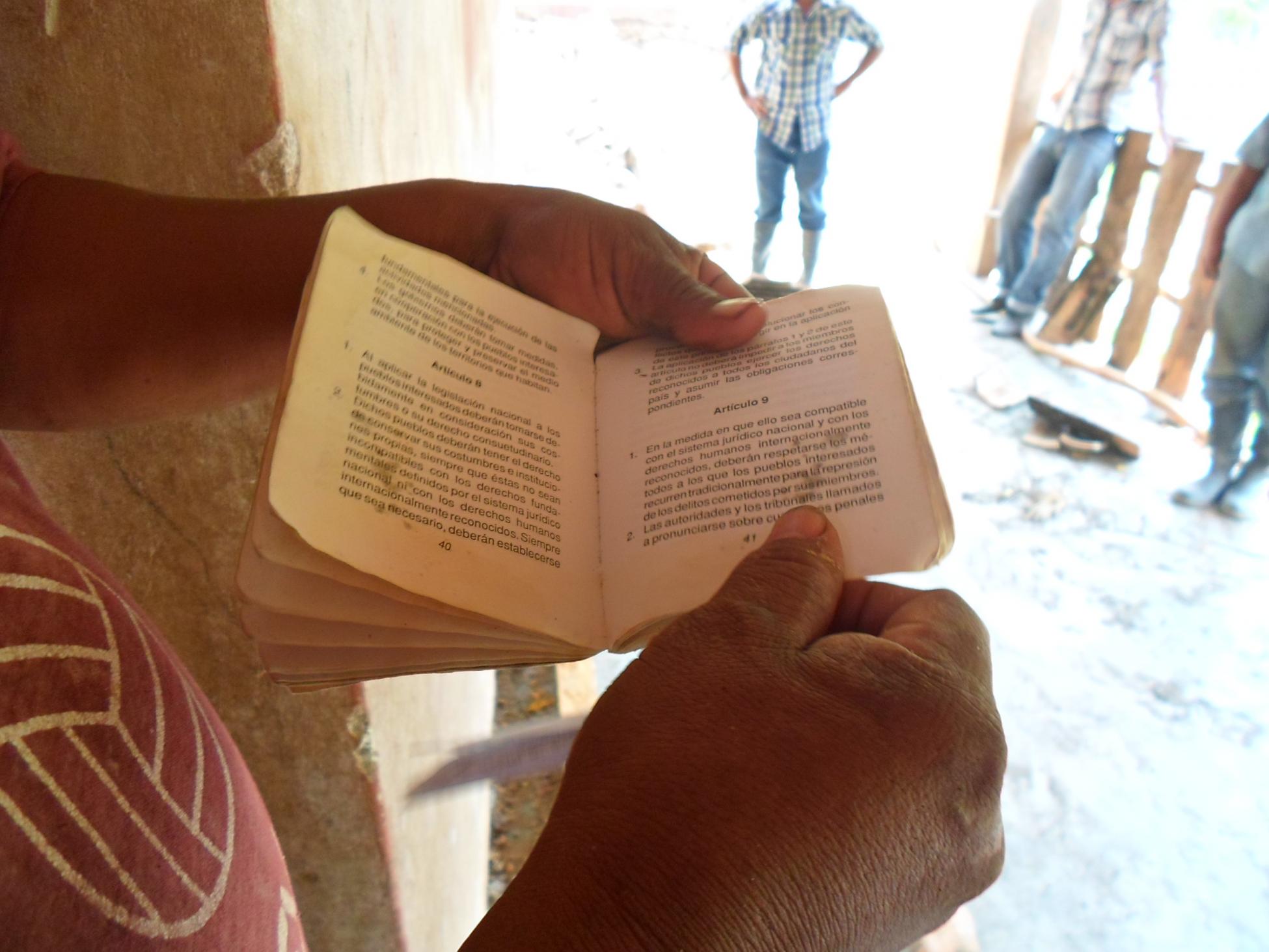For almost three months, I've been volunteering as an indigenous rights advisor in Copán, Honduras. While things have been going smoothly, I'm slowly waking up to the possibility that humanitarian work is not as great as it's often portrayed.
One of the most striking incongruities is the lack of consultation between humanitarian organizations and the indigenous communities that they serve. In my admittedly limited experience in Honduras, I haven't witnessed any bona fide consultations between assisting organizations and assisted communities.
Why is the lack of consultation problematic?
Development organizations create aid programs that may look good on paper, but are designed, developed and funded by large multinational institutions without any real reference to the specific culture, beliefs or opinions of their end beneficiaries. Out of gratitude, communities will accept contributions that don't service their highest needs, which amounts to a denial of their basic rights.
Considering the history of oppression of indigenous peoples in Central America, it would stand to reason that local communities should be consulted whenever well-meaning outsiders are trying to improve their lives. If nothing else, such a dialogue would go a long way towards reconciliation and healing.
When it comes to indigenous populations, the top-down approach is not the best policy. While indigenous people live within broader communities, they face unique issues such as cultural practices land rights issues. (The right to ancestral territories has been recognized by many international treaties. Indigenous people should be at liberty to choose their own destinies whether they are living in a land where their ancestral way of life is respected, or whether they are in a place where assimilation by the ruling majority is the unspoken order of the day.)
Many indigenous communities are now being threatened with assimilation or downright extinction.
Non-discrimination needs to be replaced with the higher objective of recognition; indigenous communities are not only different from the general population, but also differ greatly from one another. Not all projects are suitable for all communities.
Over the years, the lack of consideration for the cultural heritage and belief systems of local minorities has amounted to a systematic interference with their way of life. Many indigenous communities are now being threatened with assimilation or downright extinction. In spite of our phenomenal advances, we, as a society, have often become blind to the fact that unity does not reside in uniformity, but in diversity.
One size doesn't fit all
The least an organization should do before providing assistance to indigenous communities is to assess their real needs and wishes—rather than taking them for granted and believing that they will gratefully accept the gifts being presented. In humanitarian work, dialogue trumps one-size-fits-all programs.
In the case of the Copán Maya Chorti, the consultation process between local community and aid workers is being coordinated by the field partner, CONIMCHH.
However, as international organizations rarely connect directly with CONIMCHH to seek its opinion or approval, one is left with non-representative, non-indigenous institutions. The disconnect between international development agencies and NGOs in the field is a major barrier to humanitarian work.
As a volunteer sent to Copán as an independent advisor, I feel that my training and research place me in a unique position to deal in a neutral manner with issues of communication and mutual respect between humanitarian workers and local indigenous communities.
Not being particularly dependent on funding from international development agencies, I can act freely and hope to represent the needs of local communities without being bound by the programs being carried out in the region. I was sent here to advocate for indigenous peoples’ rights, and this is exactly what I am doing. There is absolutely no doubt that great humanitarian work is being done on a daily basis in Honduras, but I do believe that the “human” part of the word “humanitarian” should be emphasized.

